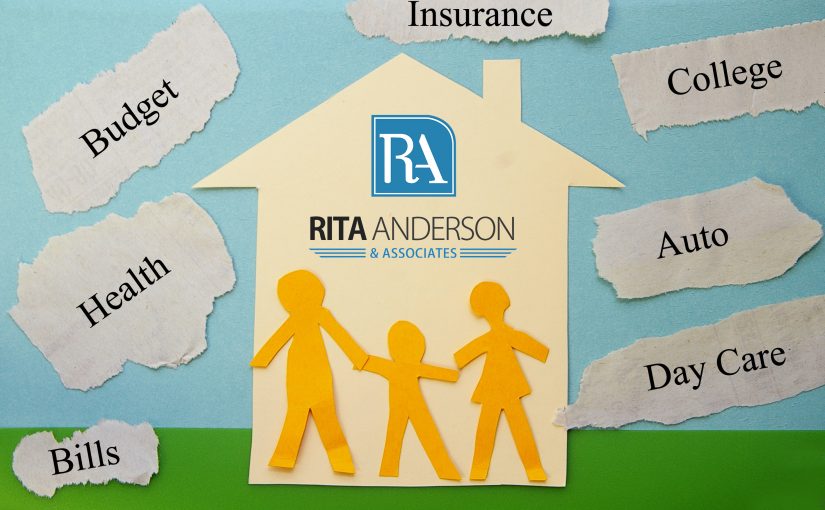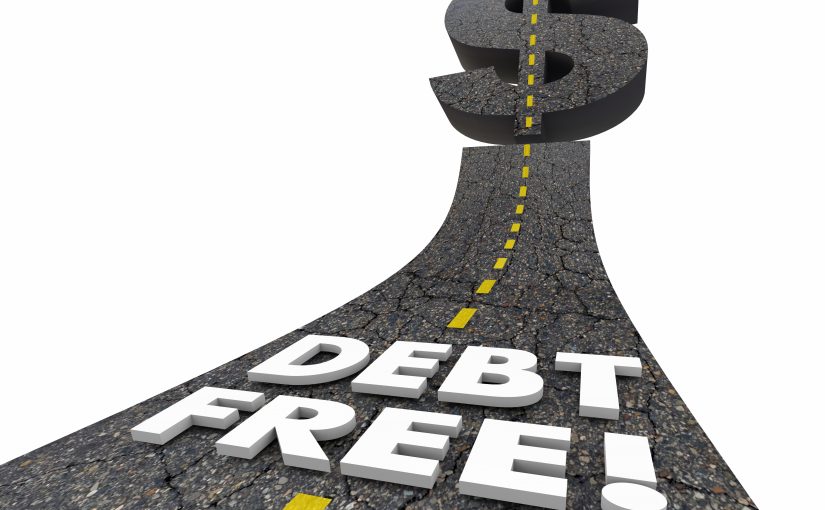If you’re like most families, you find it hard to keep an active tab on where your money goes. You’re extremely busy with work, school, extracurricular activities, family time, date nights and vacations. And amongst the whirlwind, your bank account withers and your debt grows. If you have trouble understanding where things add up, it’s time to create a family budget.
There’s more to creating a budget than plopping some numbers into a spreadsheet. If you want to create a family budget that’s going to make an impact on your savings and debt payments, there’s a few things you need to consider.
First, get everyone on board. Having the buy-in of the entire family is a crucial step in successfully budgeting. Pair each family member with an ‘accountabili-buddy’. It sounds incredibly cheesy, but having someone else to motivate you, talk you out of unnecessary purchases, and hold you accountable for your budget, will make it easier to stay disciplined. Everyone will be more likely to succeed if this is approached as a team.
Before you iron out a family budget, first you’ll need to take a temperature check. This will consist of two simple questions: How much do we have coming in? And, how much of that income are we spending per month? Tackle the ladder first, it will take a little more time and effort as you put the families spending habits under a microscope.
When tracking your monthly spend, be sure to include everything you can think of. From the $2 cup of coffee per day, to the $1200 mortgage payment – it all counts. As you’re creating your list, it would be helpful for you to categorize each item into ‘Necessity’, ‘Nice to have’, ‘Want to Have’, and ‘Could Go Without’. This is not only going to give you a wide angle view on the entire families spending, it’s also going to help you decide which things can be cut or altered.
Now that you know what your family is spending, compare that to the income that is coming in. Just like when you were tracking your spending, include everything. Does one of your kids now have a paper route? Are you due for an income tax return? Creating a budget that’s going to work for you requires knowing what to expect and how to allot it properly.
Is there a large gap between the amounts you’re bringing in from the amount your spending? It shouldn’t be less, in fact, you should be aiming towards being in the green enough to save. In order to get there, you must work on necessary alterations to the list of things you spend money on. Perhaps that paper route means you can cut down on allowance, or you can put that tax return towards paying off a credit card.
Next you need to ask yourself, what are we trying to accomplish? Are we trying to reign in our wild spending? Are we paying off debts? Are we saving for things such as tuition and retirement? There’s a good chance it could be all three. Accomplishing your financial goals is one of the best parts of creating a family budget, and it offers you the discipline to create new goals once your old ones are complete.
You have everyone on board, you’ve outlined your income and compared it to your spending, and your goals are posted on the fridge, now it is finally time to create your budget, right? There’s one more step you need to take before finalizing your budget, and this is the fun part – rewarding yourself! Keep up with milestones for the entire family, and set rewards and incentives on achievements. Everyone will be motivated to succeed, and make sure you have fun with it.
Likewise, you should also set consequences for when the family falls short on their goals. This form of motivation isn’t the most fun, but you’ll be surprised how disciplined your teenagers will become if their Netflix subscription is threatened to be canceled.
At last, you can now create your budget. You’ll be happy to know that you’re done with the hard stuff. The rest is just logging progress and making the proper changes in order to keep up with your plan. Aim to cover your necessities first, then focus on what’s most important to everyone. Making dinner as a family at home instead of going out to a restaurant will be worth it if it means paying down some debt, or saving for a family vacation.
Logging your progress is critically important to your financial wellbeing, but by already having the conversation with your family and organizing your spending habits, you’re one giant leap towards accomplishing your goals.
Download your free budget template here, and contact Rita Anderson and Associates for a free consultation if you feel you need additional help in achieving your goals and paying down debts.



